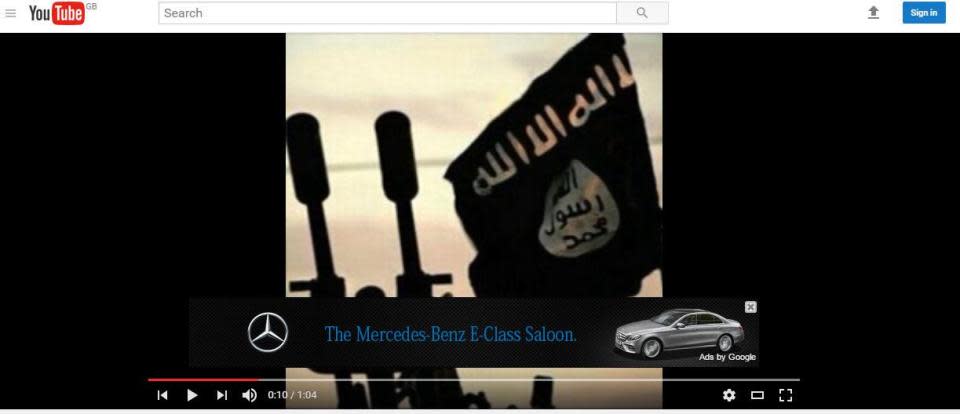What tech companies can do — within reason — to combat terrorism
A former US Homeland Security Advisor and former CIA Director discussed what private companies can do to help the fight against terrorism at the 2017 Concordia Annual Summit (streamed on Yahoo Finance).
“What more should the private sector be doing, whether it’s social media companies or others, to assist the government, without, of course, crossing their own red lines, not to mention the civil liberties red lines?” Bryan Bender of Politico asked.
Frances Townsend, a Homeland Security advisor during George W. Bush’s first term, said that these days private companies “understand they have a responsibility” but struggle with the specifics of regulating information on their platforms.
“What you don’t want is the private sector to become censors,” Townsend explained. “But not all speech is protected by the First Amendment. And there are some … pretty clear, bright lines.”
Townsend added that companies have a commercial incentive to help so that their brand is not associated with extremist content.
“I think now the social media companies don’t really want to be associated — Google doesn’t want you, nor do their advertisers, to pull up a website that is an extremist website,” she said. “And your company doesn’t want their ads on the site. And so there’s a commercial reason, as well as sort of a good public policy reason, pushing these companies to get much better.”

David Petraeus, a retired four-star general and CIA chief under President Barack Obama, said that the technology to recognize and filter extremist content does exist. However, terrorism-related content “is a tougher problem than child pornography, which a machine can recognize more easily.”
Petraeus added: “And again, where does your right of free speech end and incitement to violence begin? Which is really the test at the end of the day.”
There have been hiccups. In August, YouTube announced a new initiative to combat terrorism-related content with “better detection and faster removal driven by machine learning.” But the crackdown included the suspension of accounts belonging to journalists and researchers whose channels included videos about al-Qaeda and the war in Syria.
“YouTube has now suspended my account because of videos of Syria I uploaded 2-3 years ago. Nice anti-ISIS AI you’ve got there, YouTube,” researcher Eliot Higgins tweeted. “Ironically, by deleting years old opposition channels YouTube is doing more damage to Syrian history than ISIS could ever hope to achieve.”
Petraeus noted that he recently spent a day with the Google (GOOG) team responsible for dealing with extremist content (now known as Jigsaw). He asserted that Google has “made quite considerable progress in how to do this. And now what they’ve got to do is deploy it in more substantial form. And the same with the social media platforms.”
Former UK PM Tony Blair: Brexit and Trump happened because of 3 converging factors

